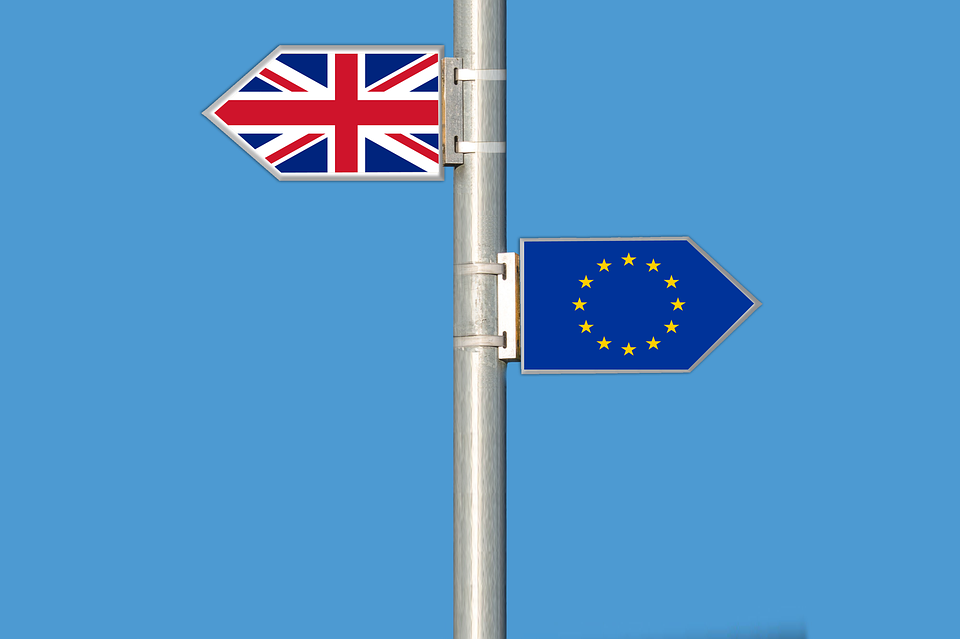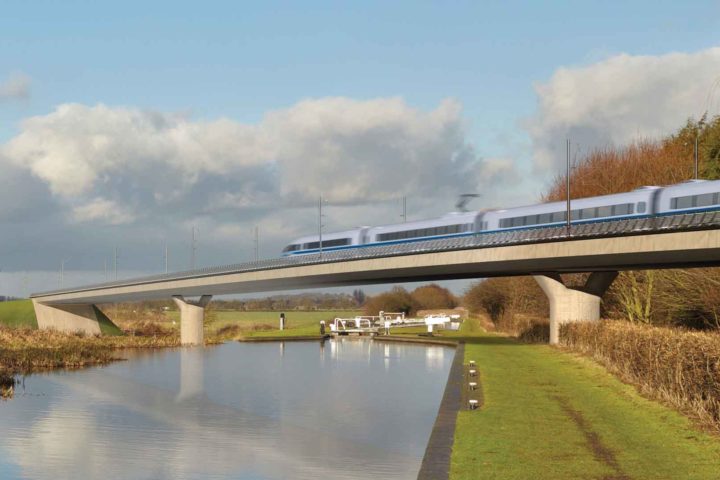After a lengthy meeting on Monday 24th September, the cabinet agreed in principle that EU-citizens should face the same immigration rules as people from the rest of the world, once the UK has officially departed from the bloc.
This agreement follows a recent recommendation by the independent Migration Advisory Committee (MAC).
This recommendation suggests that the UK should get rid of the annual high-skilled migrants cap, which limits the amount of high-skilled workers from outside the EU. The cap is currently 20,700 and was implemented by Theresa May. The consequences of this are significant, as thousands of NHS candidates and IT specialists had their visas denied.
The MAC says these workers make a more positive contribution to the public finances of the UK, so limiting the number of these highly-skilled workers is disadvantageous.
What does the government think about this?
The government has said it will ‘carefully consider’ the committee’s proposals.
Reportedly, the cabinet has now unanimously supported a system based on skills rather than nationality.
One source has said the principle agreed was that the UK would not show bias towards immigrants from any particular place in the world when granting access to work. However, a government source states that the agreement does not constitute a firm decision, and ‘light touch migration’ rules for EU nationals may be part of a wider Brexit deal.
Hilary Benn, Labour MP and Chair of the Commons Brexit Select Committee, is in support of giving preference to EU citizens, she said: “It would have been sensible to give preference to EU citizens given the close relationship we want to have.”
Laura Kuenssberg, BBC Political Editor, points out that it’s obvious Theresa May strongly plans on ending free movement, calling it a “non-negotiable” for the Prime Minister.
Mohammed Nazir, Commercial Property and Immigration Solicitor at Wosskow Brown, expresses his concerns about low-skilled workers who don’t have sufficient qualifications, and the possibility of this group missing out on vital working opportunities; vital both for the low-skilled workers and the UK itself in terms of the economy and businesses, which could be damaged if low-skilled workers are not granted visas.
The MAC has stated that it isn’t convinced there needs to be a work route for low-skilled workers from the EU.
Wosskow Brown Opinion:
Mohammed, however, acknowledges the importance of these workers who are mainly based in industries such as cleaning, catering and hospitality, which are all important services to the public.
To restrict these workers from acquiring a visa to live and work in the UK post-Brexit could be a dangerous move for the government to make.
Furthermore, EU migrants actually pay more in tax than they receive in benefits.
While EU citizens currently have freedom of movement within the UK, non-EU citizens who wish to move to the UK to work or study must apply for a certain type of visa.
So, tell me a bit more about the types of visas available?
The two most common types of visa are the Tier 2 skilled worker visas and Tier 4 student visas.
A point-based system is used when granting visas, though the criteria have gotten tougher over the past few years.
People wishing to gain a Tier 2 visa now must be earning a salary of at least £30,000 to apply, which is almost an increase of £10,000 from 2011.
The higher the salary, the more points a person gets. Also, someone may get more points if their job is on the list of shortage occupations.
So, to summarise, it looks like good news regarding high-skilled workers as the MAC suggests lifting the cap. However, there’s bad news too, as the committee doesn’t seem concerned with establishing a work route for low-skilled workers from the EU.
This is certainly something worth keeping your eye on as negotiations develop.




